
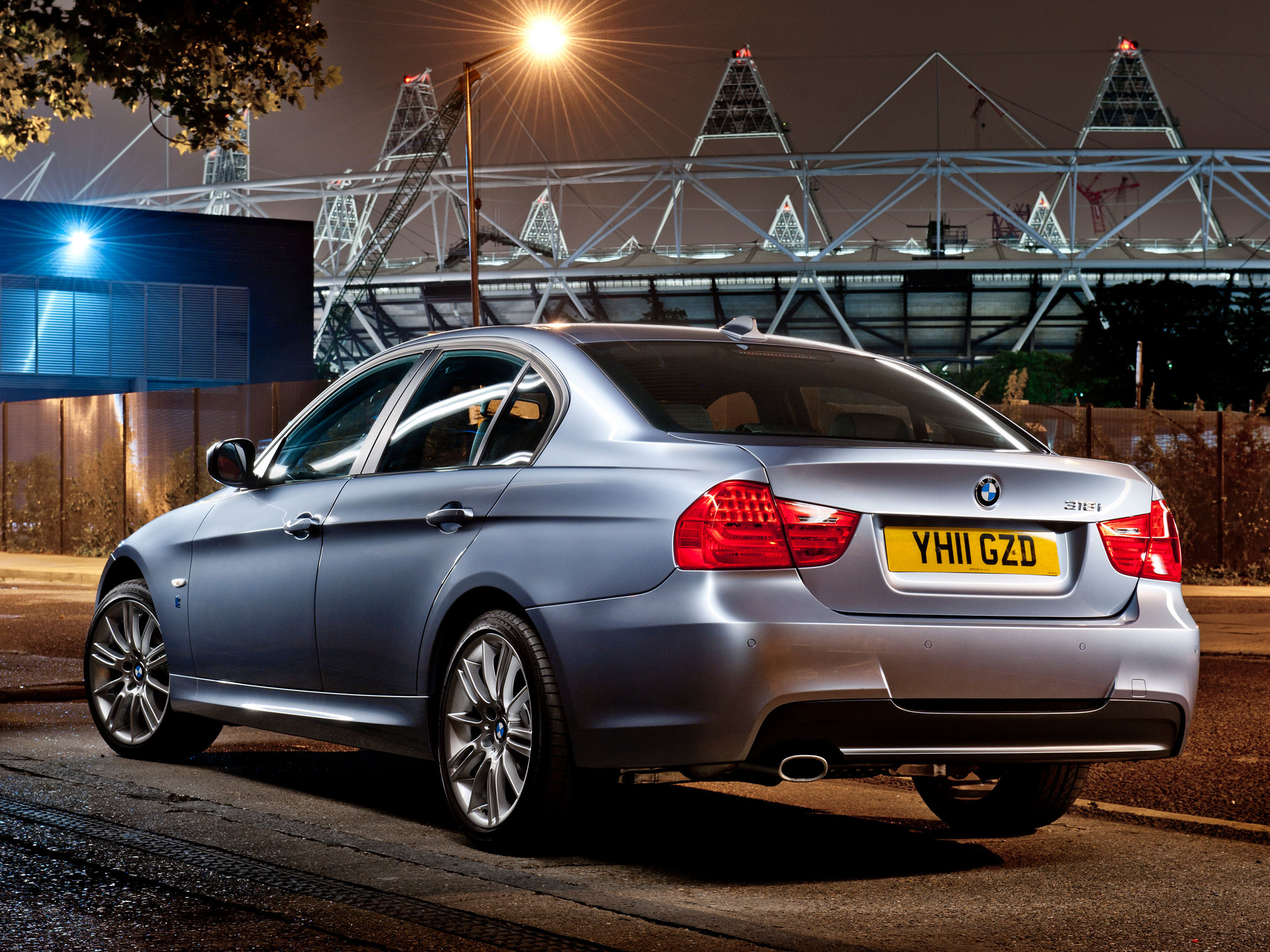
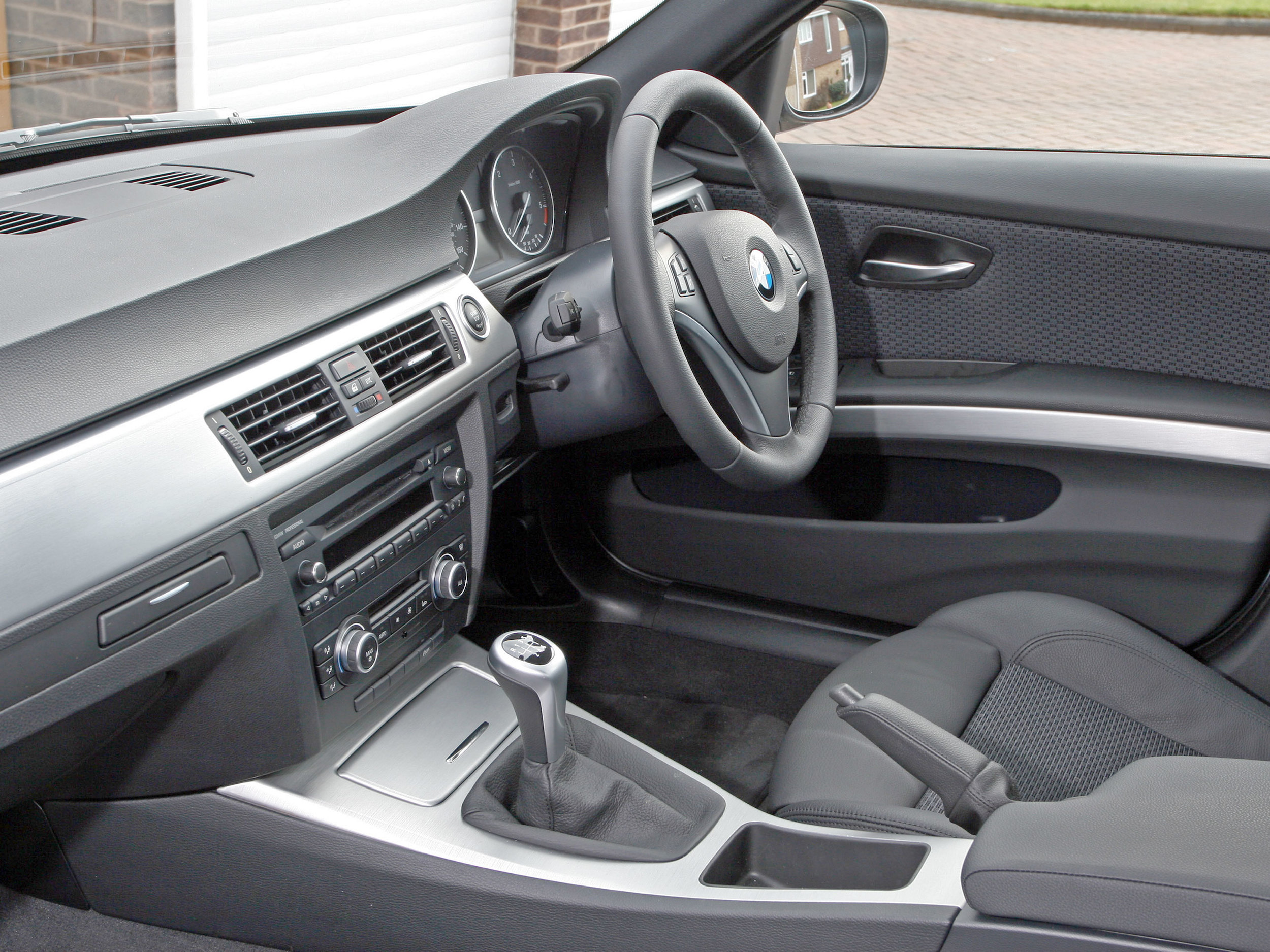
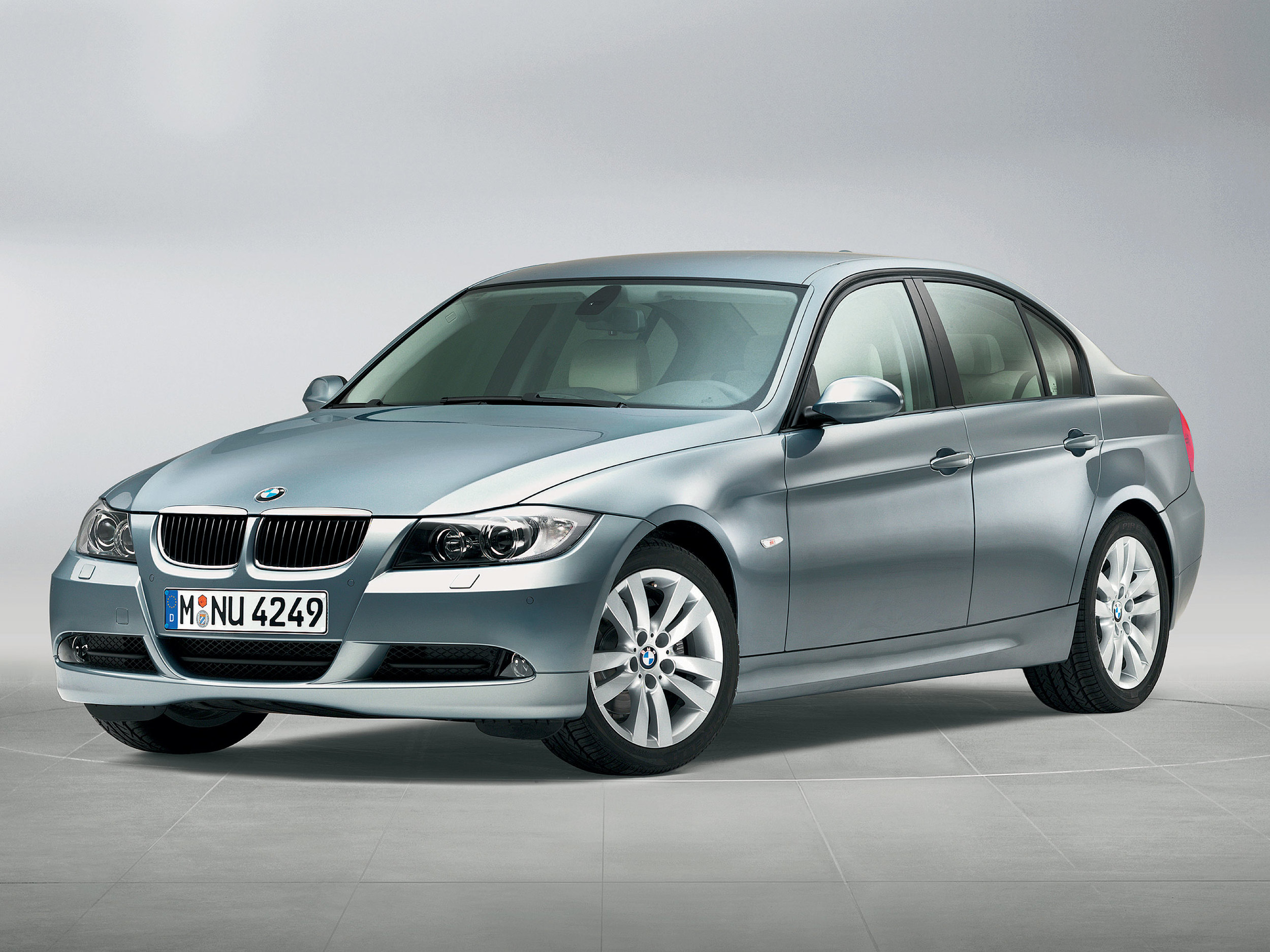
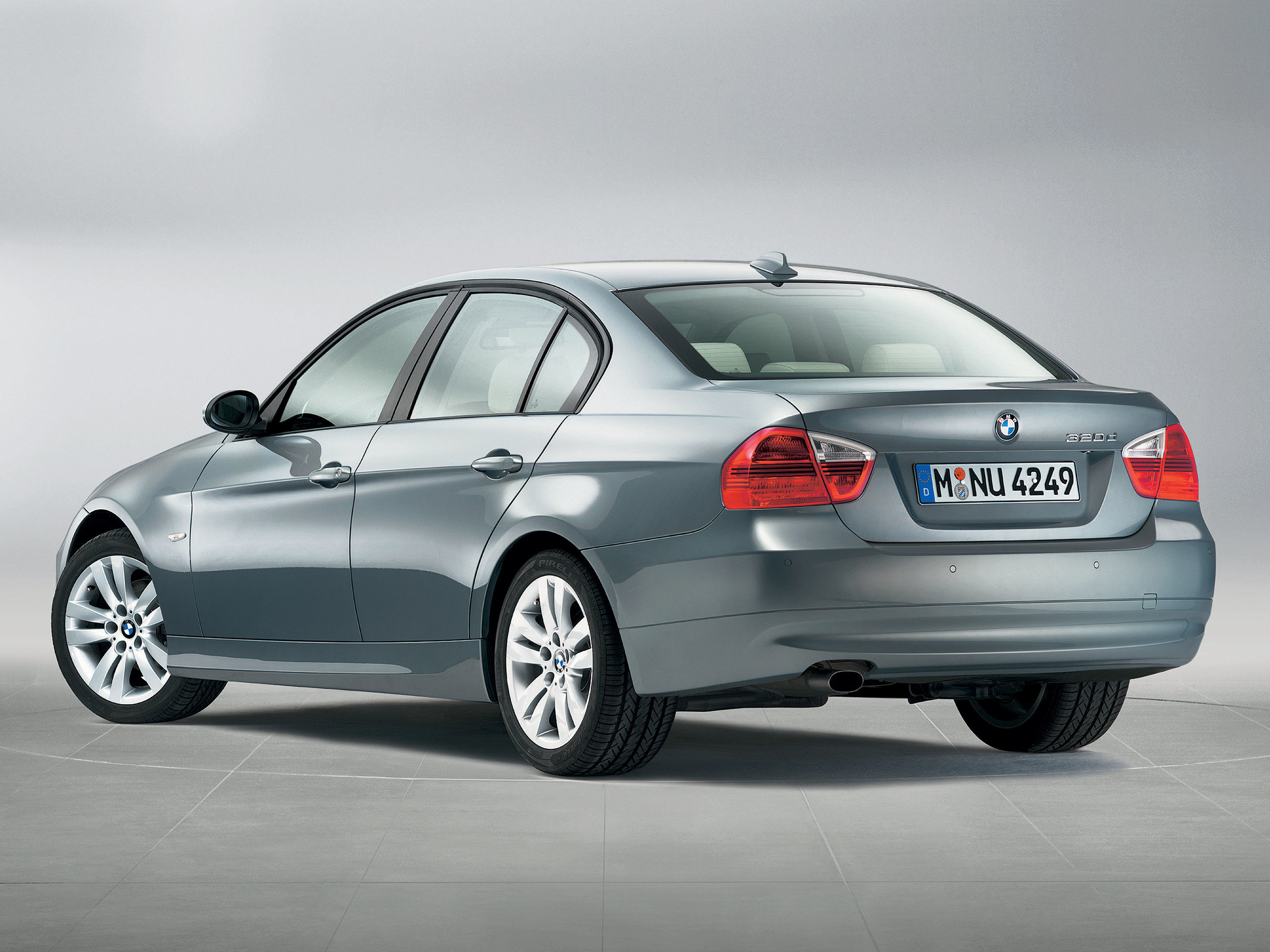
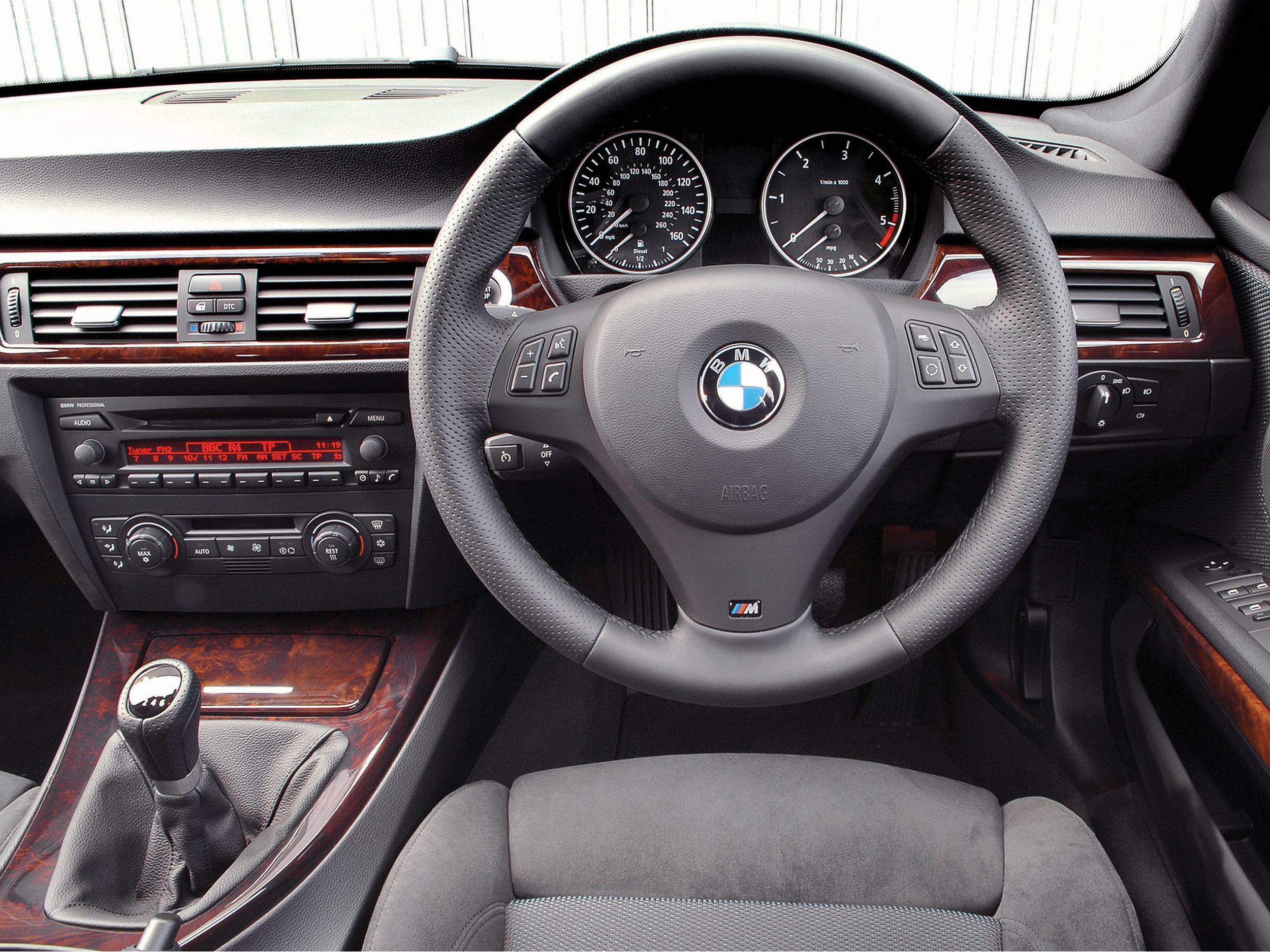
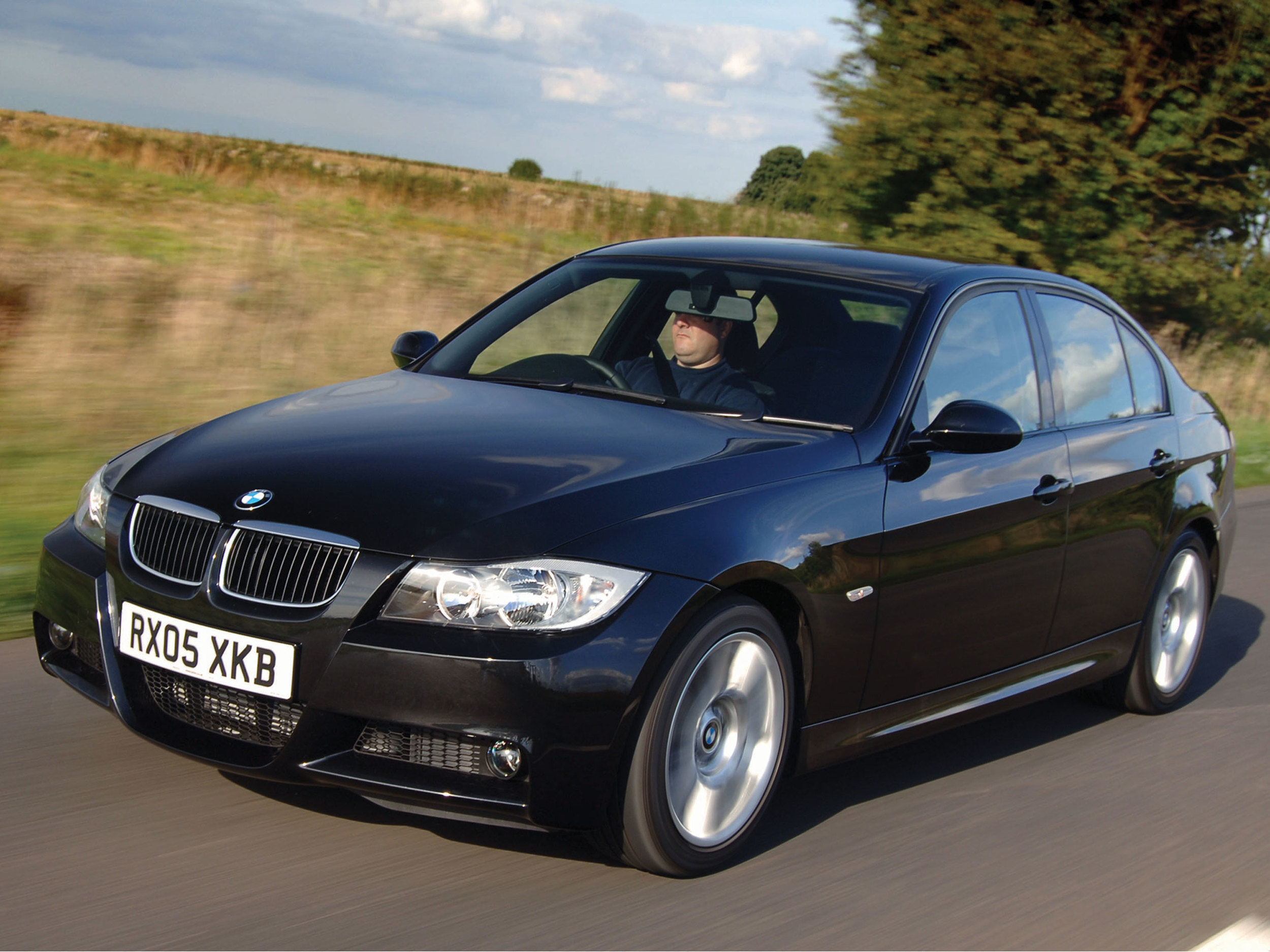
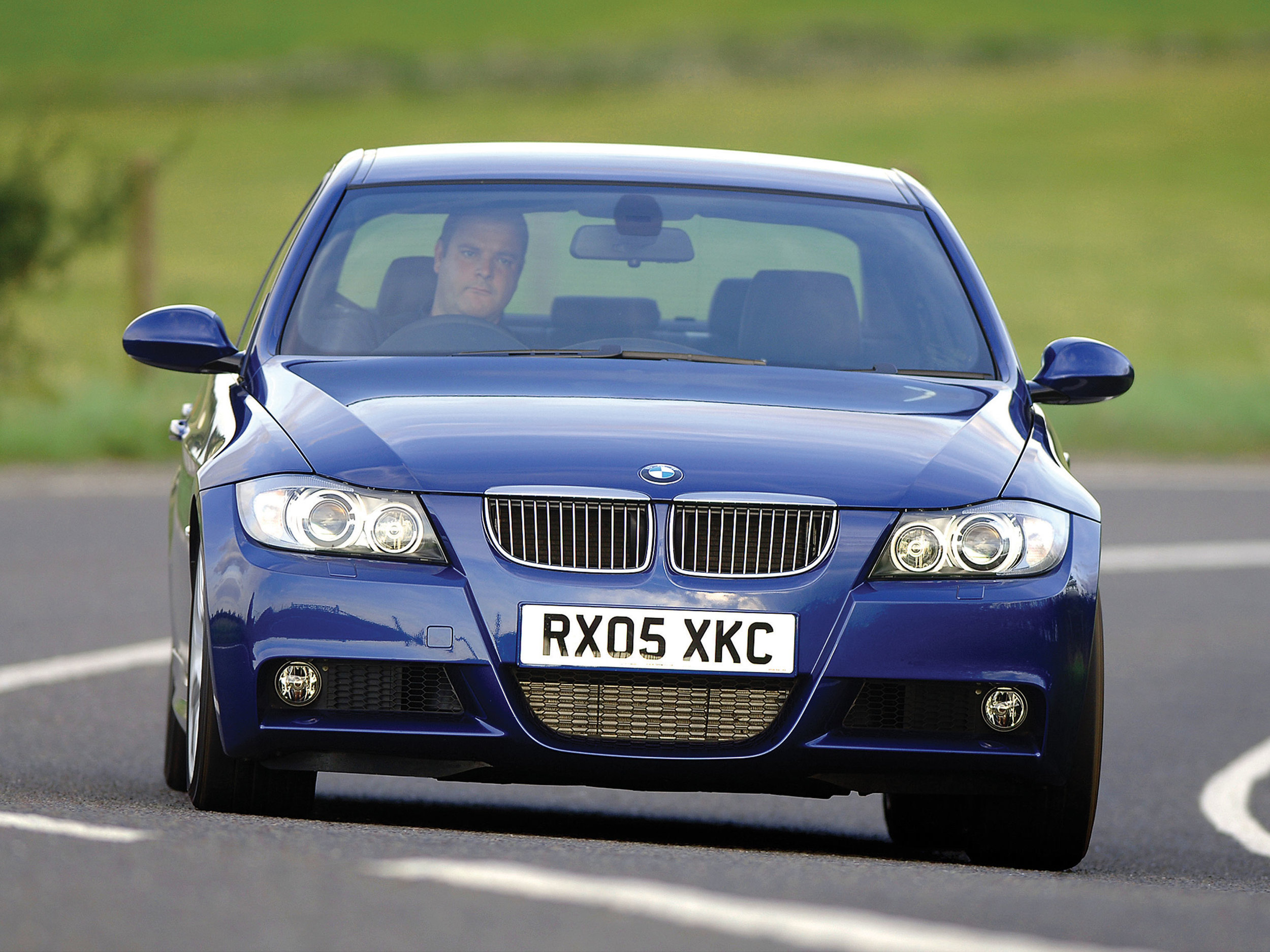
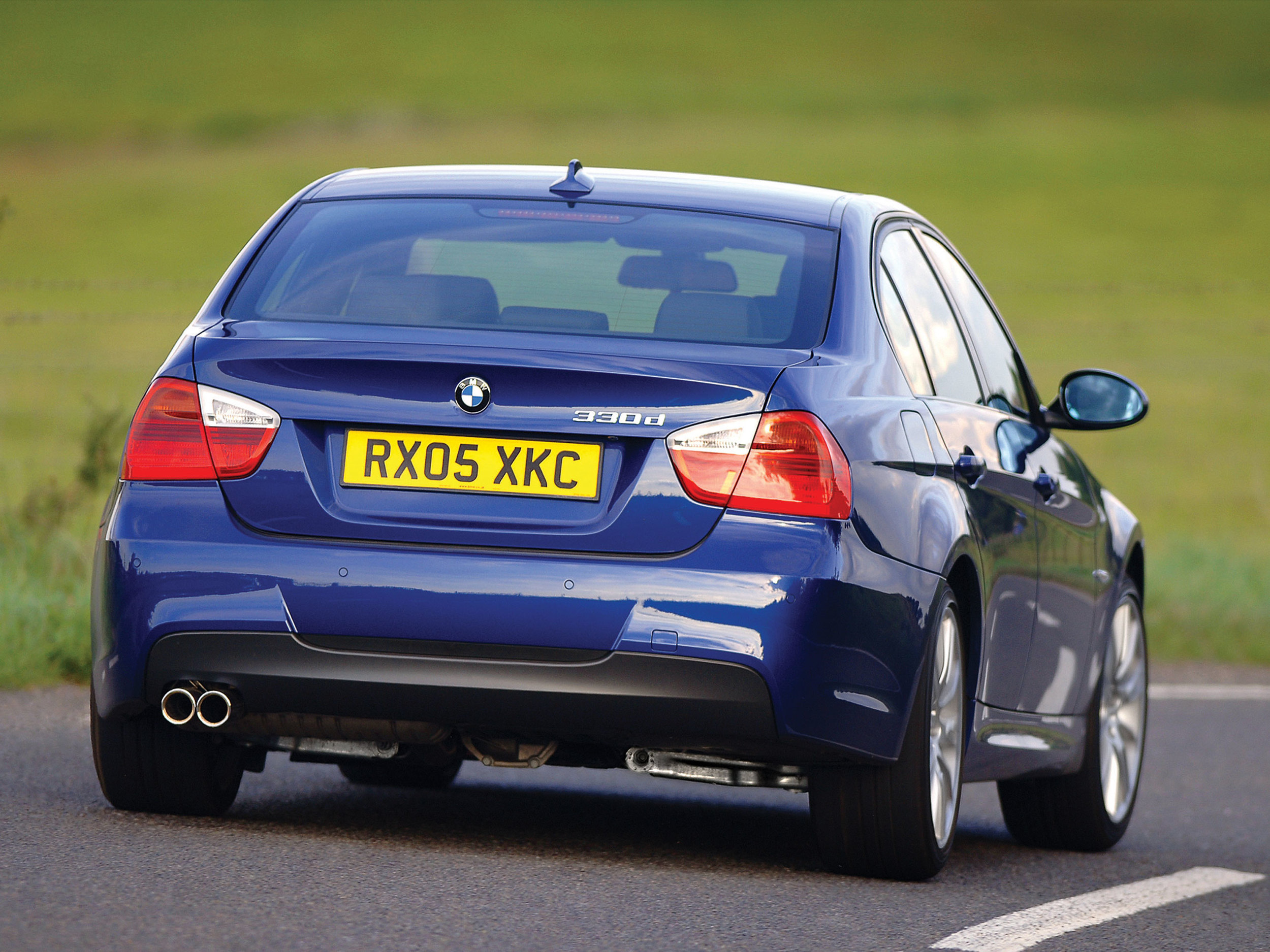

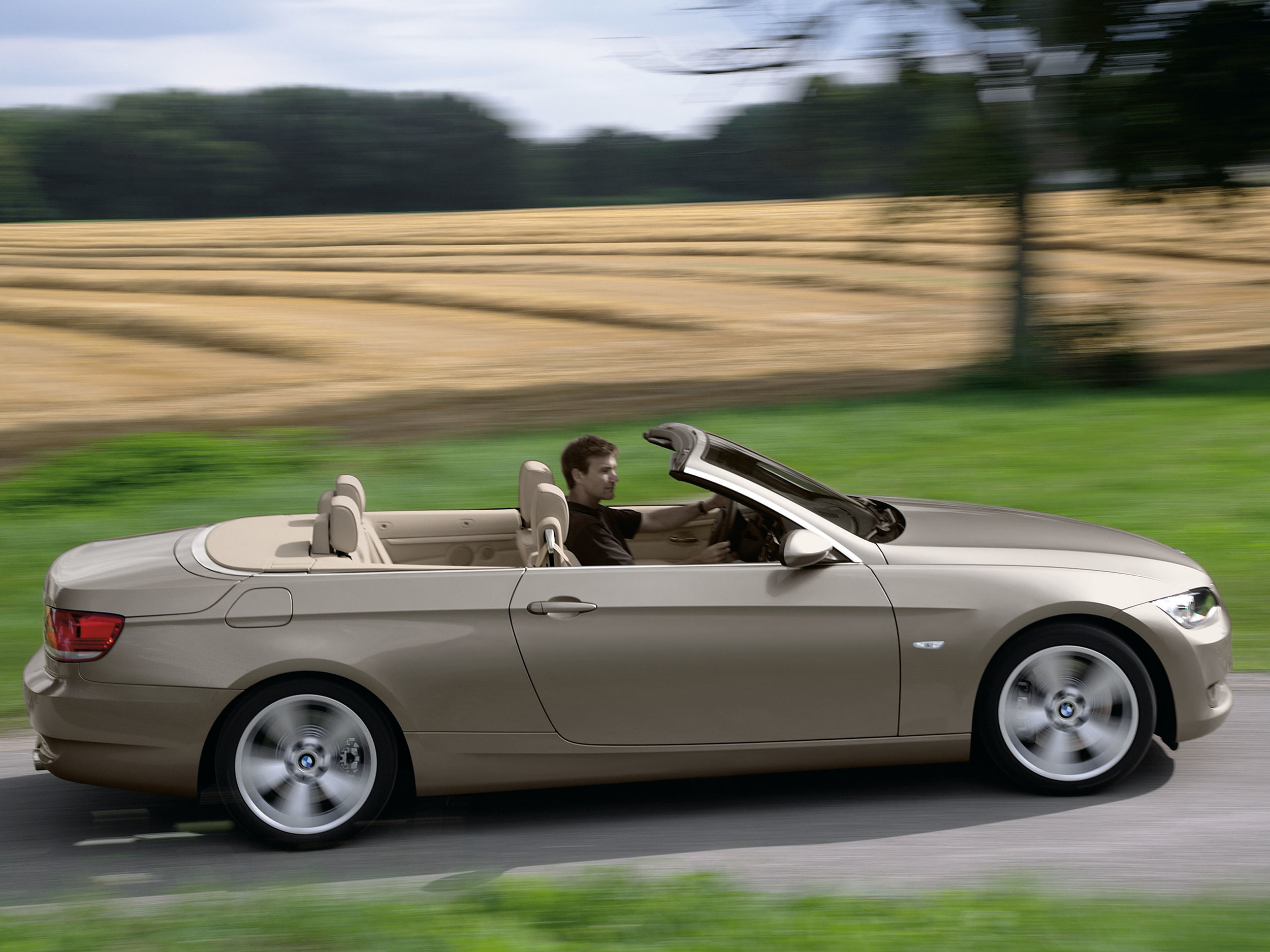

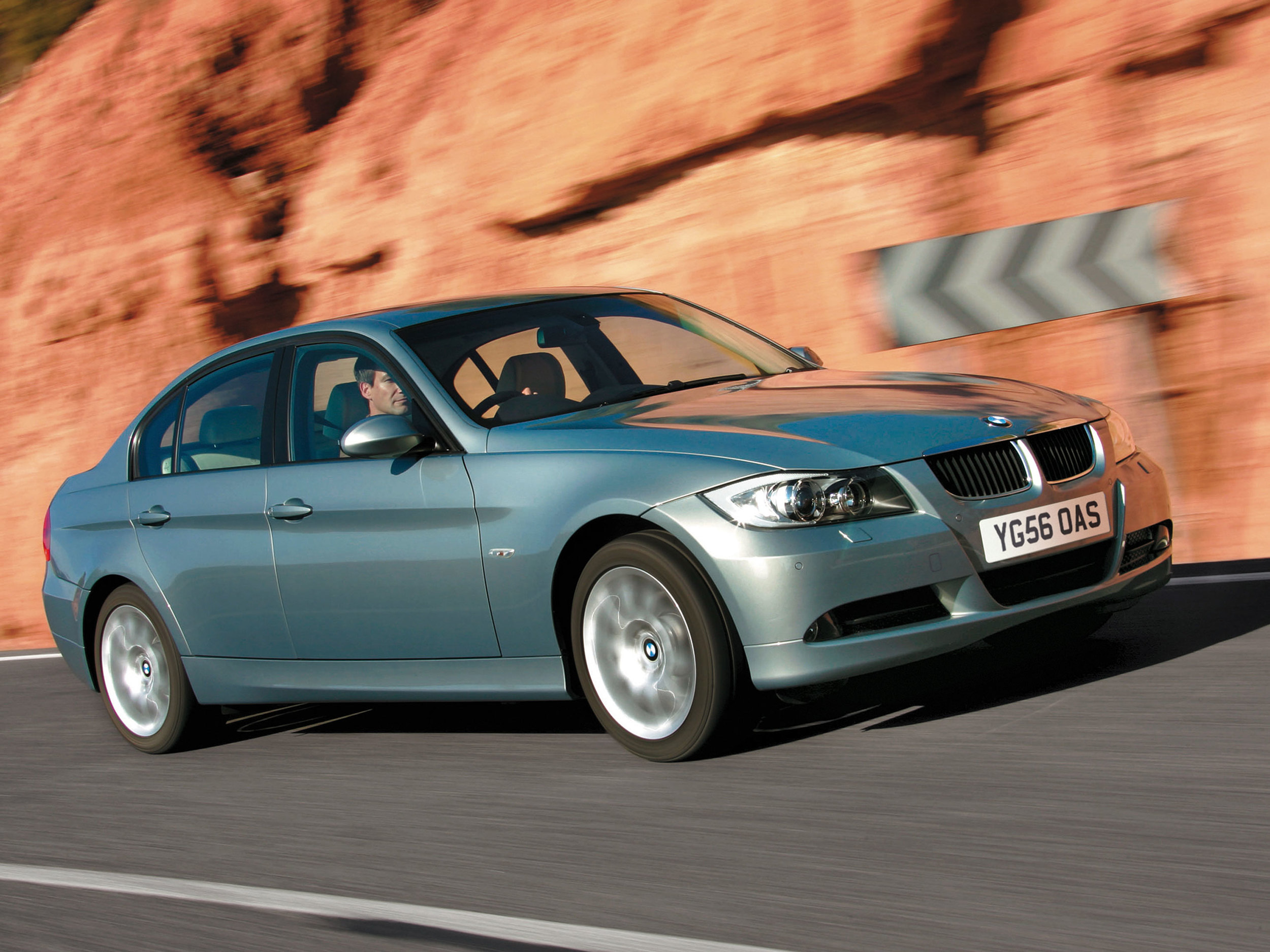
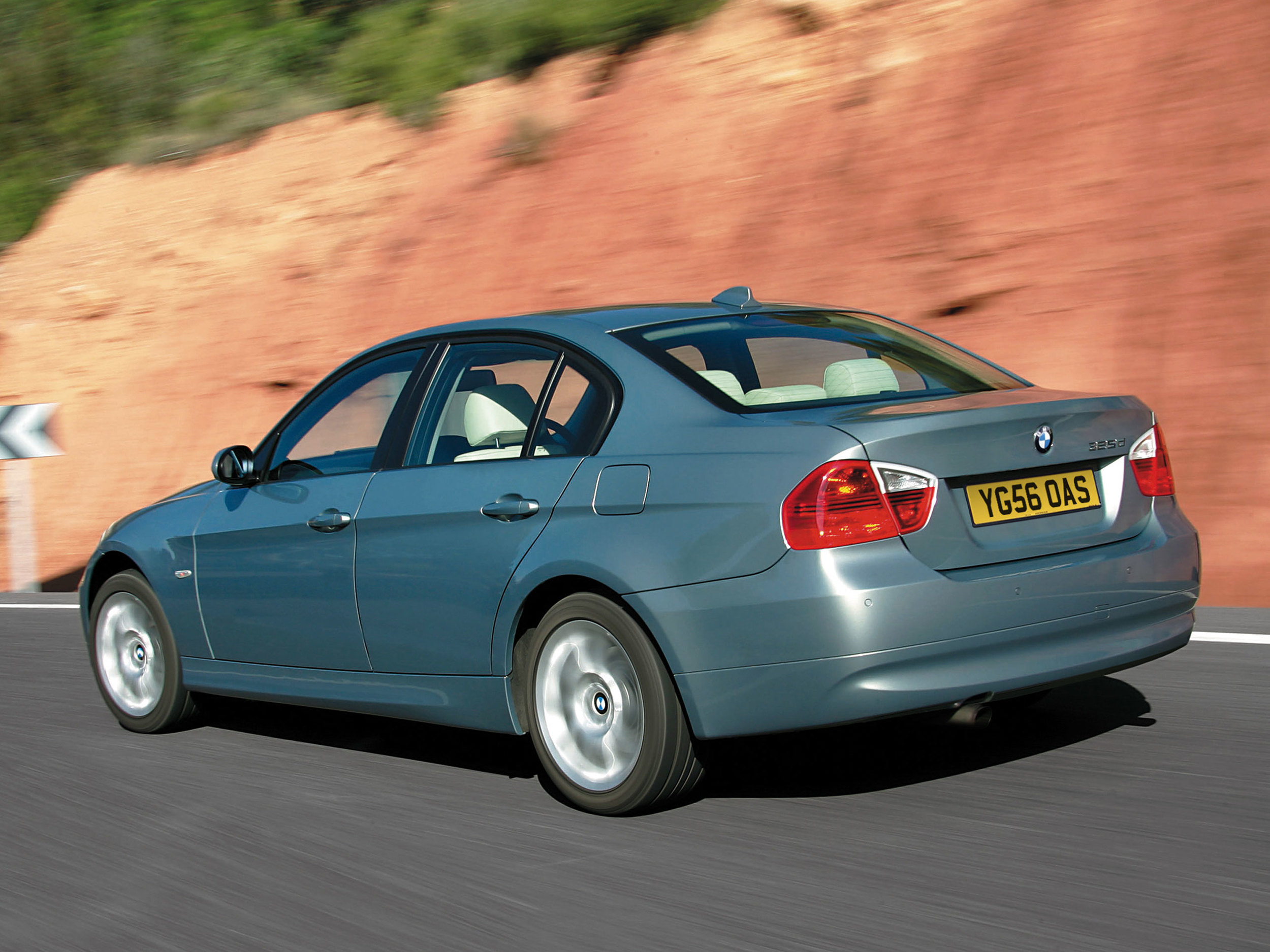

If a car maker was to create the perfect model range from scratch, the chances are they’d come up with something like the BMW 3-Series. Beautifully built and brilliant to drive, the 3-Series comes in almost any bodystyle, there’s a huge range of engines and you can have pretty much any piece of equipment you like. Those who have never driven one can be keen to dismiss the 3-Series’ many talents; try one and you’ll soon see what all the fuss is about.
Key dates
1/05: The fifth-generation 3-Series (E90 in BMW code) arrives, in saloon form only.
9/05: An estate (or Touring) is introduced, alongside new entry-level 318i and 318d models.
9/06: A 3-Series Coupé debuts, along with a 335i, 325d and 335d.
3/07: A superbly engineered coupé-cabrio joins the range.
9/07: Most models get more power, lower emissions or a completely new engine.
9/08: A facelifted 3-Series brings Efficient Dynamics fuel-saving technologies as standard, slightly revised design details and an improved iDrive interface.
7/09: The 316d saloon arrives, with CO2 emissions of 118g/km.
9/09: The 320d Efficient Dynamics saloon cuts CO2 emissions to just 109g/km.
Checklist
- The 320d can suffer from a failed turbocharger; look for a smoky exhaust under acceleration.
- If a towbar is fitted, check the electrics work as BMW’s multiplex wiring can be damaged easily.
- Run-flat tyres are standard; they’re costly to replace, produce a firm ride and can wear unevenly.
- Timing chains can fail – very expensively – on the 320d.
- The tyre pressure monitoring system can be temperamental.
- The steering rack can leak fluid into the track rod end gaiter; check the level in the fluid reservoir.
- The rear door handles can stick in the open position, preventing the doors from being closed and latched properly.
- Flat spots just above idle aren’t rare. A software update usually puts things right.
We like
- Driving experience
- Wide range
- Lots to choose from
- Build quality
We don’t like
- High running costs
- Firm ride
Richard Dredge
